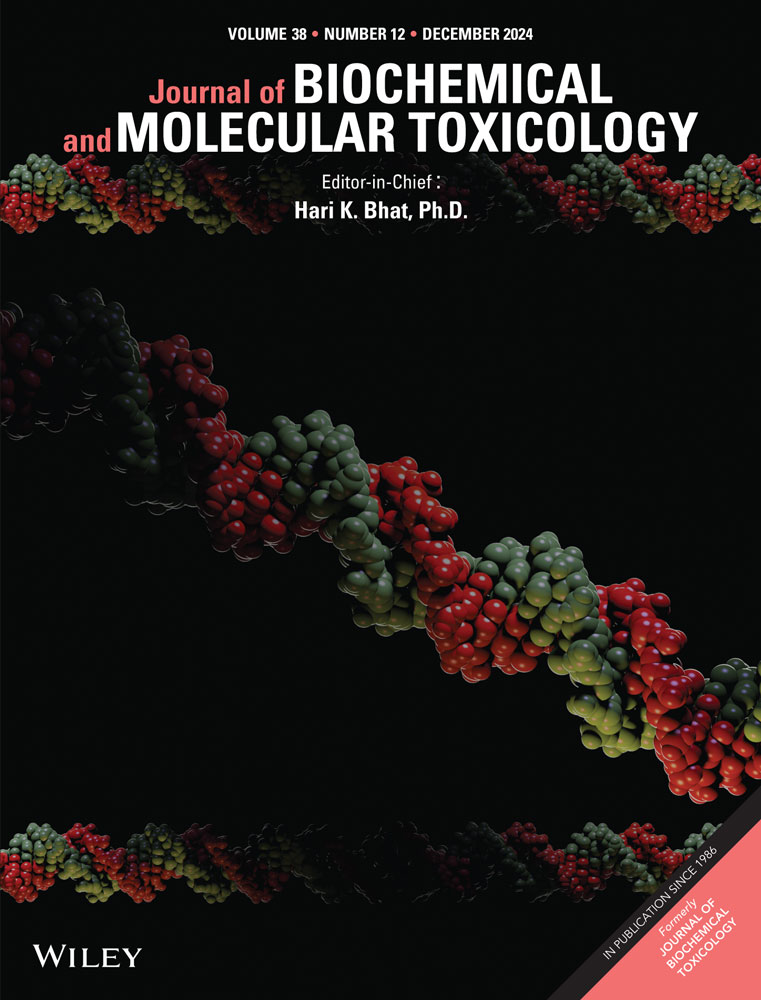PKN2 Promotes Peripheral Nerve Repair by Regulating Autophagy via Activation of the AKT-mTOR Pathway: An In Vitro Study
Abstract
This study aims to explore the role of Protein Kinase N2 (PKN2) in peripheral nerve injury (PNI) and evaluate its potential as a therapeutic target. The study employed a PC12 cell model to assess the effects of PKN2 overexpression on cell proliferation, migration, synaptic growth, and autophagic activity, with a focus on the regulatory role of the protein kinase B (AKT)/mammalian target of rapamycin (mTOR) signaling pathway. The results demonstrated that PKN2 overexpression significantly promoted PC12 cell proliferation and cell migration, while also enhancing synaptic growth. Additionally, a significant suppression of autophagy was observed. Mechanistic analysis revealed that PKN2 inhibited autophagic activity through the activation of the AKT/mTOR pathway. In summary, PKN2 plays a significant role in peripheral nerve repair by promoting cell proliferation, migration, and synaptic growth, while inhibiting autophagy through the AKT/mTOR pathway. These findings suggest that targeting PKN2 may represent an effective therapeutic strategy for the treatment of PNI.
| 公司名称 | 产品信息 | 采购帮参考价格 |
|---|---|---|
| 索莱宝 |
0.5% Triton X-100
|
|
| 索莱宝 |
paraformaldehyde (PFA)
|
|
| 索莱宝 |
DAPI
|
|
| 索莱宝 |
RIPA lysis buffer
|
|
| 索莱宝 |
Triton X-100
|
|
| 索莱宝 |
4% paraformaldehyde (PFA)
|
|
| 索莱宝 |
DAPI
|

 求助内容:
求助内容: 应助结果提醒方式:
应助结果提醒方式:


